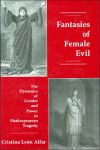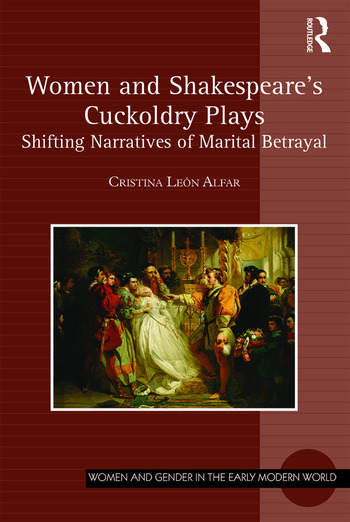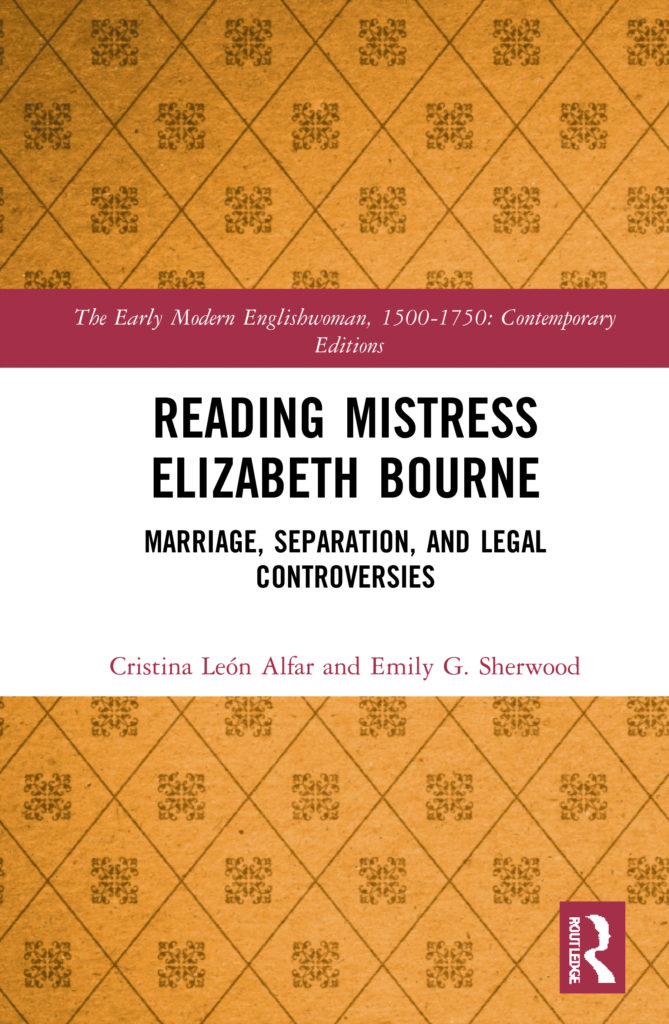


Articles
- Abandoning Tragedy in James Ijames Fat Ham
- Speaking Truth to Power as Feminist Ethics in Richard III
- Elizabeth Cary’s Female Trinity: Breaking Custom with Mosaic Law in The Tragedy of Mariam
- “‘Blood will have blood:’ Power, Performance, and Lady Macbeth’s Gender Trouble”
Book chapters
- Looking for Goneril and Regan
- “‘Let’s consult together’: Women’s Agency and the Gossip Network in The Merry Wives of Windsor“
Editing
Editor, “Late Tudor and Stuart Drama: Readings in Feminist Theories and Histories. MIP, 2024-
There are more details on a separate page here. For questions or to submit a proposal, please contact the Acquisitions Editor, Tyler Cloherty (tylercloherty44@gmail.com) or visit our website: www.wmich.edu/medievalpublications/late-tudor-stuart-drama
Co-editor, with Helen Ostovich, “Late Tudor and Stuart Drama: Gender, Performance, and Material Culture,” for Medieval Institute Publications. 2016-2024
New Book Publication
In 2003 I was at the British Library where I found a set of documents chronicling the marital dispute of Elizabeth and Anthony Bourne. I began transcribing Elizabeth Bourne’s complaint to the Privy Council, in which she demands the right to divorce her husband Anthony, on my own and then won a small grant to hire a student to help me. Emily Sherwood was, at the time, my student. She assisted me and also transcribed a number of the letters as well as the Indenture of Award, in which Elizabeth wins the right of a femme sole. Working diligently together on the rest of the documents over the last three years, we are so pleased that Reading Mistress Elizabeth Bourne: Marriage, Separation, and Legal Controversies is now published by Routledge in the series, “The Early Modern Englishwoman 1500-1750: Contemporary Editions,” edited by Betty Travitsky and Anne Lake Prescott.
The documents contained in Reading Mistress Elizabeth Bourne: Marriage, Separation, and Legal Controversies tell a story of Mistress Bourne’s petition for divorce, its resolution, and the ongoing dispute between Mistress Bourne and her husband about their marriage and separation, and subsequently between Mistress Bourne and Sir John Conway both for custody of her daughters and her financial security. The letters capture the contradiction between married women’s official legal limitations and the often messy and complicated avenues of redress available to them. Elizabeth’s narratives and desire for divorce challenge literary representations of patient endurance where appropriate feminine behavior restores a husband’s devotion. The Bourne case offers a unique set of documents heretofore unavailable except through the British Library, National Archives’ State Papers, and Hatfield House. Reading Mistress Elizabeth Bourne is tremendously important to early modern scholars and our knowledge about and view of women’s negotiations for legal autonomy in the sixteenth century.
Follow @MistressBourne on Twitter!
New Projects
Currently, I have two projects. First, I have been asked to write an article on “Feminist Authorship Studies,” to be included in The Oxford Handbook of Shakespeare and Authorship, edited by Rory Loughnane and Will Sharpe. I plan to approach this work through Michel Foucault’s notion of the “author function” to think about a feminist ethics of authorship. Sara Ahmed’s work in Differences that Matter, in which she traces a path through feminism, into ethics and authorship will be crucial to my work. Second, I am planning a project on women parrhesiasts in early modern English drama. As my article, Speaking Truth to Power as Feminist Ethics in Richard III, shows, I am interested in ethical stands taken by female characters whose acts and points of view are in some sense repulsive but also compelling in light of certain moral questions posed by their plays. Specifically, I want to think about how such stands retain an ethical force that is contradicted by other acts committed by the same characters that pose problems of interpretation or reception. I argue that early modern drama stages a parrhesiastic form of citizenship, in Foucault’s terms, that is performed by women. Speaking truth to power, women resist domestic and governmental tyranny, emerge as active citizens, and speak from a dramatic and political ethical center which, I argue, is feminist. I am developing this argument through plays such as The Two Noble Kinsmen, All’s Well that Ends Well, Measure for Measure, Titus Andronicus, King Henry VIII, Richard III, The Tragedy of Mariam, The Maid’s Tragedy and The White Devil. In large part, both projects point toward my growing desire to think about what what a feminist ethics of scholarship and practice looks like.